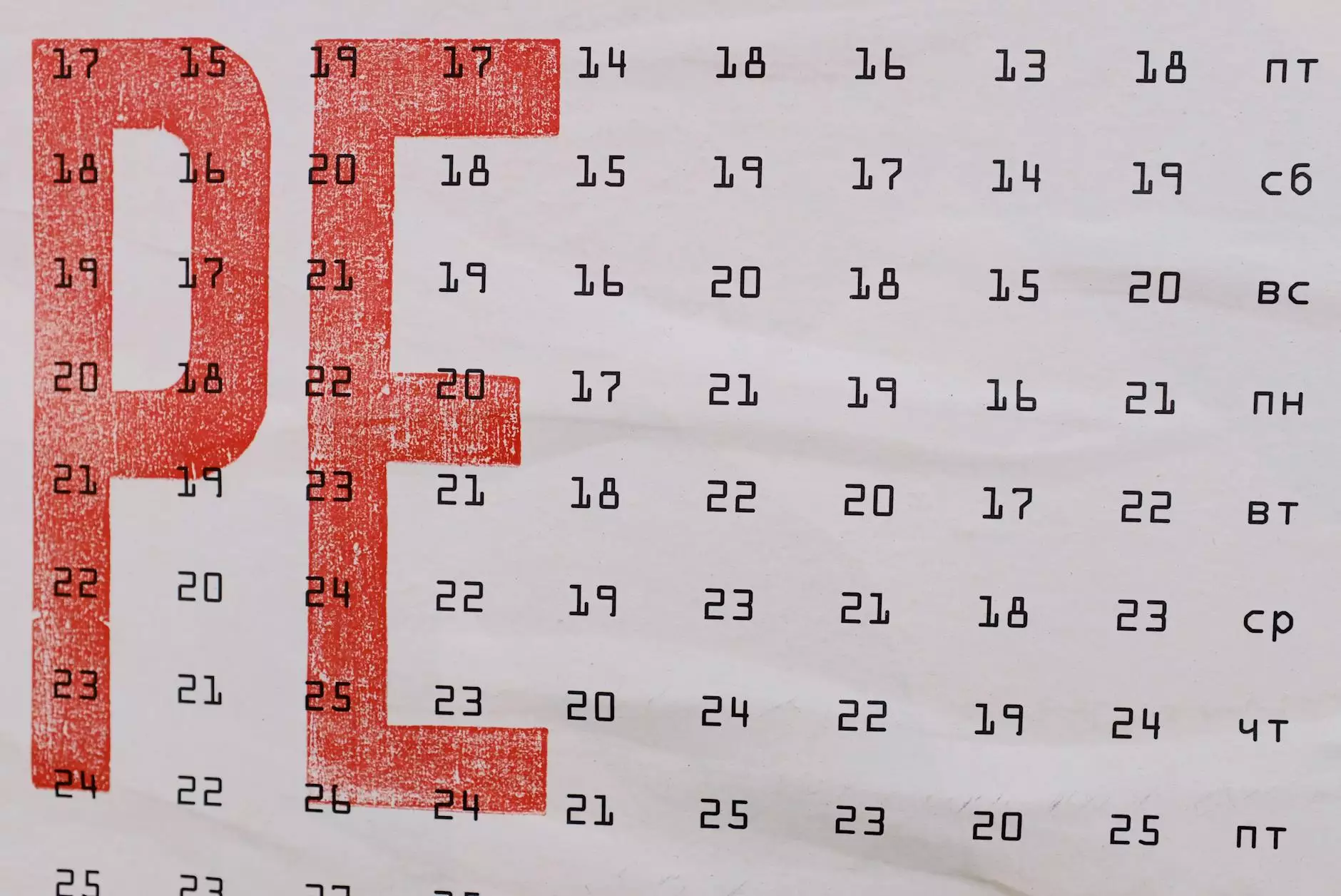Using Always To Talk About Habitual Actions
English Grammar Lessons
Introduction
Welcome to NJCLT, your reliable source for language learning tips and resources! In this article, we will explore the usage of the word "always" when talking about habitual actions. Understanding how to express consistent actions is essential in effective communication. Let's dive in and discover how to convey these concepts accurately.
What does "always" mean in the context of habitual actions?
In the English language, "always" often signifies the frequency of an action that is performed regularly or habitually. It emphasizes the consistency of an activity, indicating that it occurs on various occasions.
Examples of "always" in Use
Let's look at a few examples to understand the applications of "always" better:
Example 1:
I always take a walk in the park after dinner.
Example 2:
She always arrives at work before 9 AM.
Example 3:
They always celebrate their anniversary with a romantic dinner.
Using "always" with Present Simple Tense
The preferred way to express habitual actions using "always" is the Present Simple tense. This tense provides a clear understanding of how frequently an event occurs.
Forming sentences with the Present Simple tense and "always"
When constructing sentences using the Present Simple tense and "always," follow this structure:
- Subject + always + base verb + object (optional)
Additional Tips and Usage
Here are a few additional tips and usage guidelines to keep in mind:
1. Placement of "always"
The placement of "always" within the sentence may vary depending on the emphasis you wish to convey. Placing "always" before the main verb is a common practice, but it can also be placed after the verb for specific emphasis.
2. Avoiding overuse
While "always" is useful for expressing habitual actions, it's essential to vary your language usage to avoid monotony. Overusing "always" might make your speech or writing repetitive, so consider using synonymous terms like "often," "frequently," or "regularly" to add variety.
3. Negative forms
To form negative sentences, place "always" between the subject and the auxiliary verb or "do not" in the Present Simple tense. For example:
He doesn't always arrive on time for the meetings.
Conclusion
Mastering the usage of "always" when describing habitual actions provides clarity and accuracy in your communication. Understanding the correct placement and usage within the context of the Present Simple tense is crucial. Practice incorporating "always" into your conversations and writing to enhance your proficiency in the English language.
Start Incorporating "Always" Today!
Now that you have a thorough understanding of how to use "always" to talk about habitual actions, it's time to put your knowledge into practice. Start using this valuable linguistic tool confidently and observe how it elevates your language skills.
Stay Updated with NJCLT
At NJCLT, we are passionate about providing you with insightful language resources. Stay tuned for more language learning tips, exercises, and knowledge-enhancing content. Together, let's embark on an exciting journey towards mastering the English language!










